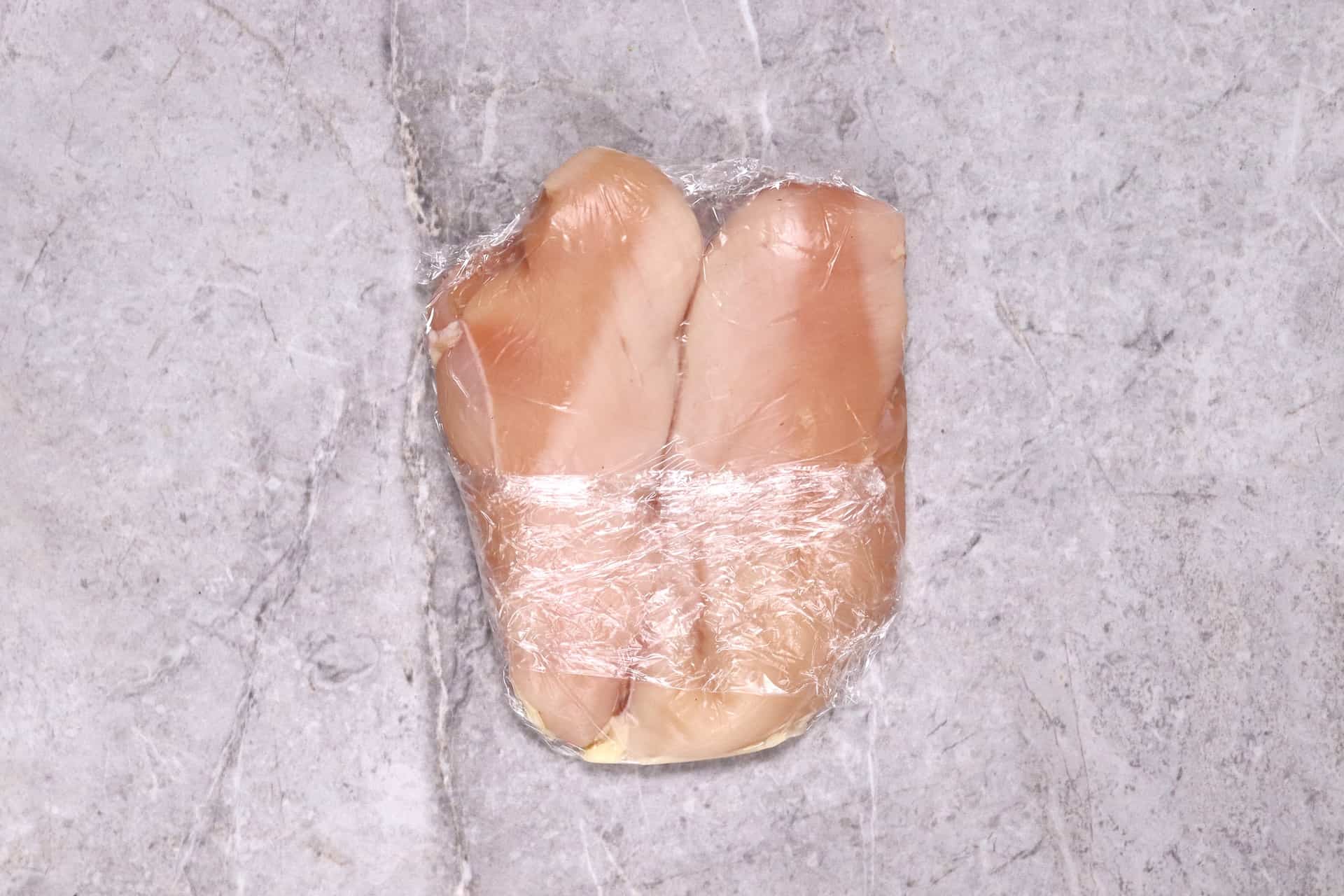

Articles
How To Store Chicken Breast After Opening
Modified: August 16, 2024
Learn the best methods for storing chicken breast after opening in this informative article. Find out how to keep it fresh and safe for future use.
(Many of the links in this article redirect to a specific reviewed product. Your purchase of these products through affiliate links helps to generate commission for Storables.com, at no extra cost. Learn more)
Introduction
Welcome to the ultimate guide on how to store chicken breast after opening. Whether you’ve purchased a fresh pack of chicken breast or have some leftovers from a delicious meal, proper storage is crucial to maintain its taste, texture, and safety.
Chicken breast is a versatile and popular protein option, but it can spoil quickly if not handled and stored correctly. By following a few simple steps, you can extend the shelf life of your chicken breast and prevent any potential foodborne illnesses.
In this comprehensive article, we will explore the best practices for handling and storing chicken breast in the refrigerator and freezer. We will also discuss tips and tricks for maintaining the freshness and flavor of your chicken breast while minimizing waste.
So, whether you’re a seasoned cook or just starting your culinary journey, let’s dive in and learn how to store chicken breast properly to ensure its longevity and quality.
Key Takeaways:
- Properly storing chicken breast is essential for maintaining its freshness and safety. Follow hygiene practices, use airtight packaging, and rotate stock to ensure your chicken breast stays delicious and ready for cooking.
- Freezing chicken breast is a great way to preserve its freshness for an extended period. Utilize safe thawing methods, consider marinating before storing, and use vacuum-sealed bags for optimal results.
Read more: How To Store Cooked Chicken Breast
Proper Handling of Chicken Breast
Before we delve into the specifics of storing chicken breast, it’s important to understand the importance of proper handling. By following these guidelines, you can minimize the risk of bacterial growth and ensure the safety of the chicken.
1. Wash your hands: Start by washing your hands thoroughly with soap and warm water for at least 20 seconds. This helps remove any potential contaminants from your hands that could transfer to the chicken.
2. Separate raw chicken: Avoid cross-contamination by keeping raw chicken separate from other foods. Use separate cutting boards, utensils, and plates for raw chicken to prevent the spread of bacteria.
3. Trim excess fat: Trim any excess fat from the chicken breast before storing. Not only does this promote better storage, but it also helps enhance the taste and texture of your cooked chicken.
4. Check for freshness: Before storing chicken breast, make sure to check its freshness. Look for any signs of discoloration, unusual odors, or sliminess, as these can indicate spoilage. It is always best to consume chicken breast before the expiration date.
By following these proper handling techniques, you can minimize the risk of contamination and ensure that your chicken breast stays safe and delicious.
Storing Chicken Breast in the Refrigerator
After opening a pack of chicken breast, it’s essential to store it properly in the refrigerator to maintain its freshness and prevent bacterial growth. Here are some steps to follow:
1. Repackage if necessary: If the chicken breast is packaged in a flimsy or torn package, it’s best to repackage it. Use freezer-safe resealable bags or airtight containers to prevent any air or moisture from entering.
2. Keep it cold: To ensure optimal freshness, store chicken breast in the coldest part of the refrigerator, which is typically the back of the bottom shelf. The temperature should be set to 40°F (4°C) or below to inhibit bacterial growth.
3. Use a tray or plate: Place the chicken breast on a tray or plate to catch any potential drippings. This prevents cross-contamination and keeps your refrigerator clean.
4. Avoid overcrowding: Give the chicken breast enough space in the refrigerator to allow for proper air circulation. Overcrowding can lead to uneven cooling and potentially promote bacterial growth.
5. Use within a few days: Chicken breast can be stored in the refrigerator for up to 2-3 days. It’s important to use it within this timeframe to maintain its quality and safety. If you don’t plan to use it within this period, consider freezing it instead.
Remember to always follow the “first in, first out” rule, where you use the oldest chicken breast first to minimize waste and ensure freshness.
By following these guidelines, you can safely store chicken breast in the refrigerator and extend its shelf life while preserving its flavor and texture.
Freezing Chicken Breast
If you have extra chicken breast that you won’t be using within a few days, freezing it is the best way to preserve its freshness for an extended period. Here’s how you can freeze chicken breast properly:
1. Prepare for freezing: Before freezing, make sure the chicken breast is fresh and properly packaged. If it’s not already in a freezer-safe container or bag, transfer it to one. Remove any excess air to prevent freezer burn.
2. Label and date: Clearly label the container or bag with the date of freezing. This will help you keep track of its shelf life and ensure you use the oldest chicken breast first.
3. Store in the coldest part of the freezer: Place the chicken breast in the coldest part of the freezer, which is typically the back. The temperature should be set to 0°F (-18°C) or lower to maintain its quality and prevent bacterial growth.
4. Use freezer-safe containers or bags: If you’re using resealable bags, remove as much air as possible before sealing. For containers, make sure they are airtight and freezer-safe to prevent freezer burn and maintain the flavor of the chicken.
5. Freeze in portions: Consider freezing the chicken breast in individual portions. This allows you to thaw only the amount you need, reducing waste. It’s important to freeze the chicken breast in a flat, even layer to facilitate quicker thawing.
6. Freeze within a reasonable timeframe: For the best quality, make sure to freeze the chicken breast within 1-2 days of purchase or before the expiration date.
By following these steps, you can freeze chicken breast properly and maintain its taste, texture, and safety for an extended period.
Store chicken breast in an airtight container or resealable bag in the refrigerator for up to 2 days. For longer storage, wrap tightly and freeze for up to 9 months.
Thawing Frozen Chicken Breast
When it’s time to use the frozen chicken breast, it’s important to thaw it properly to ensure even cooking and maintain its quality. Here are a few methods for thawing frozen chicken breast safely:
1. Refrigerator thawing: The safest and recommended method for thawing frozen chicken breast is in the refrigerator. Place the sealed container or bag of frozen chicken breast on a plate or tray to catch any drippings. Allow it to thaw in the refrigerator overnight or for approximately 24 hours. Thawing chicken breast in the refrigerator ensures a gradual thaw and minimizes the risk of bacteria growth.
2. Cold-water thawing: If you need to thaw the chicken breast more quickly, you can use the cold-water thawing method. Ensure the chicken breast is in a leak-proof bag or sealed container, then submerge it in cold water. Change the water every 30 minutes to maintain a cold temperature. Remember to never use warm or hot water, as it can promote bacterial growth. This method typically takes approximately 1-3 hours, depending on the size and thickness of the chicken breast.
3. Microwave thawing: If you’re in a hurry, you can use the microwave to thaw frozen chicken breast. Follow the manufacturer’s instructions and use the defrost setting to thaw the chicken breast. Be cautious not to overcook the edges of the chicken breast during the thawing process, as they can start to cook while the center is still frozen.
Once the chicken breast is thawed, it’s essential to cook it immediately. Avoid refreezing thawed chicken breast, as this can affect its texture and quality.
By using these thawing methods, you can safely and efficiently thaw frozen chicken breast, ensuring it’s ready for your next delicious meal.
Read more: How To Store Chicken Breast In Freezer
Tips for Maintaining Chicken Breast Freshness
Proper storage is essential for maintaining the freshness of chicken breast. Here are some additional tips to help you keep your chicken breast as fresh as possible:
1. Marinate before storing: If you have the option, consider marinating the chicken breast before storing it. Marinating not only adds flavor but also helps tenderize the meat. Place the chicken breast and marinade in an airtight container or bag, ensuring that it is well-coated. This helps preserve the quality and taste of the chicken while it’s in the refrigerator or freezer.
2. Use vacuum-sealed bags: Vacuum-sealed bags are an excellent option for storing chicken breast as they remove excess air, preventing freezer burn and maintaining the freshness of the meat. If you have a vacuum sealer or access to one, consider using it for optimum storage results.
3. Rotate your stock: If you frequently purchase chicken breast, it’s important to practice proper stock rotation. Use the oldest chicken breast first to ensure that none of it goes to waste. This helps maintain the freshness of your inventory and ensures that you’re always consuming the freshest chicken breast.
4. Don’t leave at room temperature for too long: Avoid leaving chicken breast at room temperature for an extended period, as this can lead to bacterial growth. The “danger zone” for foodborne bacteria is between 40°F (4°C) and 140°F (60°C). Therefore, it’s crucial to thaw and cook chicken breast promptly to minimize the risk of contamination.
5. Properly store leftovers: If you have leftover cooked chicken breast, make sure to store it in an airtight container in the refrigerator. Cooked chicken can typically be refrigerated for up to 3-4 days. As always, use your judgment and trust your senses to determine if it is still safe to consume.
By following these tips, you can maintain the freshness of your chicken breast, ensuring that it stays safe, delicious, and ready for your next culinary masterpiece.
Conclusion
Properly storing chicken breast after opening is crucial to maintain its freshness, taste, and safety. Whether you choose to store it in the refrigerator or freezer, following the correct methods will ensure that your chicken breast remains in optimal condition for longer periods.
When handling chicken breast, remember to practice good hygiene by washing your hands and keeping raw chicken separate from other foods to prevent cross-contamination. Additionally, trimming excess fat and checking for freshness are essential steps before storing.
In the refrigerator, airtight packaging, proper temperature, and avoiding overcrowding are key to preserving the quality of chicken breast. Freezing chicken breast is a great option for long-term storage, but it requires careful packaging and labeling to prevent freezer burn.
When it’s time to thaw the frozen chicken breast, utilize safe methods such as refrigerator thawing, cold-water thawing, or microwave thawing. Additionally, implementing tips like marinating before storing, using vacuum-sealed bags, rotating stock, and properly storing leftovers will help maintain the freshness and quality of chicken breast.
In conclusion, by following the guidelines and tips outlined in this article, you can effectively store chicken breast after opening, maximizing its shelf life and ensuring that it remains safe and delicious for your future meals. Proper handling and storage practices not only maintain the quality of the chicken but also contribute to a healthier and more enjoyable culinary experience.
So, next time you have chicken breast to store, remember these techniques and rest assured knowing that your chicken breast will stay fresh and ready for your next culinary creation.
Frequently Asked Questions about How To Store Chicken Breast After Opening
Was this page helpful?
At Storables.com, we guarantee accurate and reliable information. Our content, validated by Expert Board Contributors, is crafted following stringent Editorial Policies. We're committed to providing you with well-researched, expert-backed insights for all your informational needs.
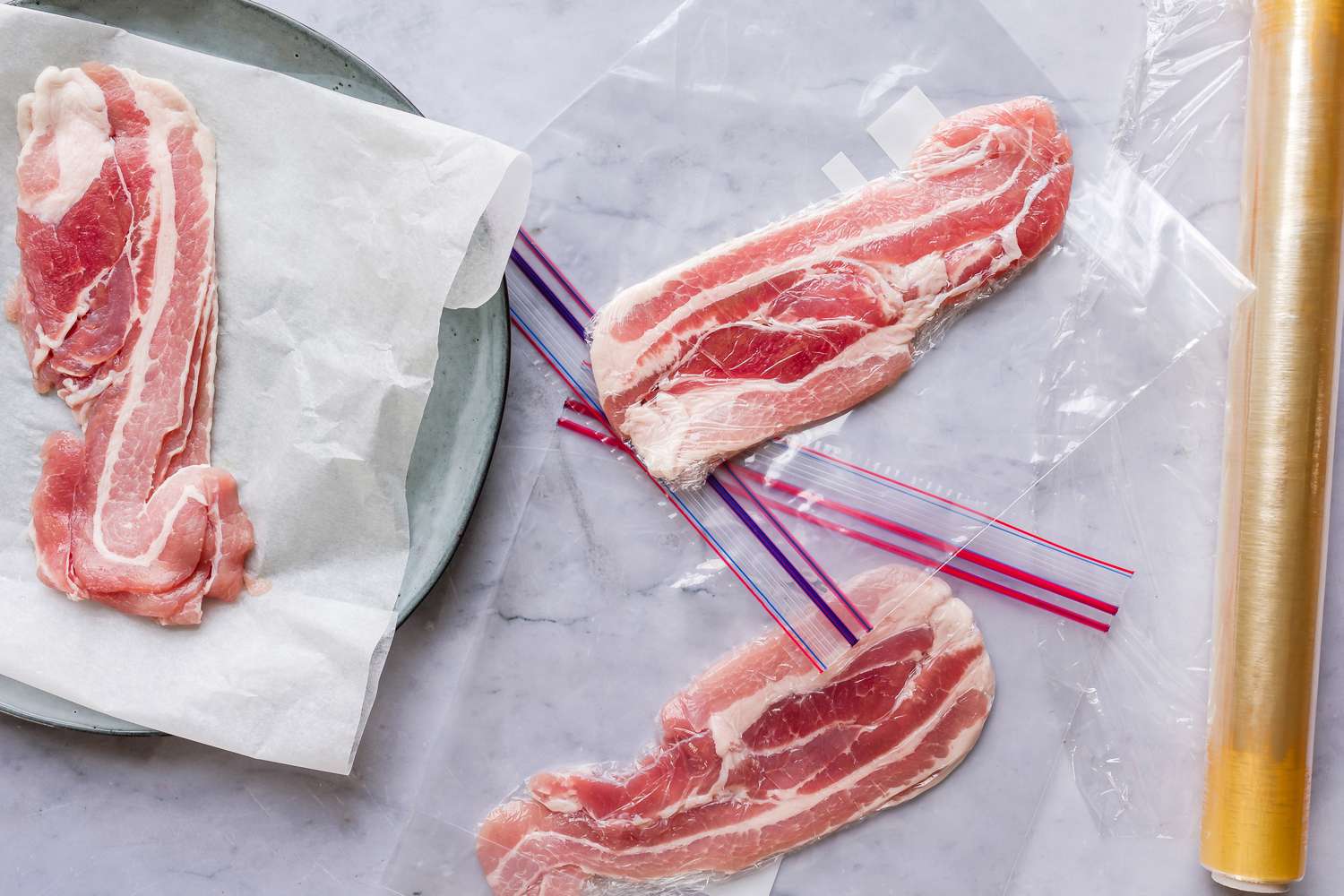
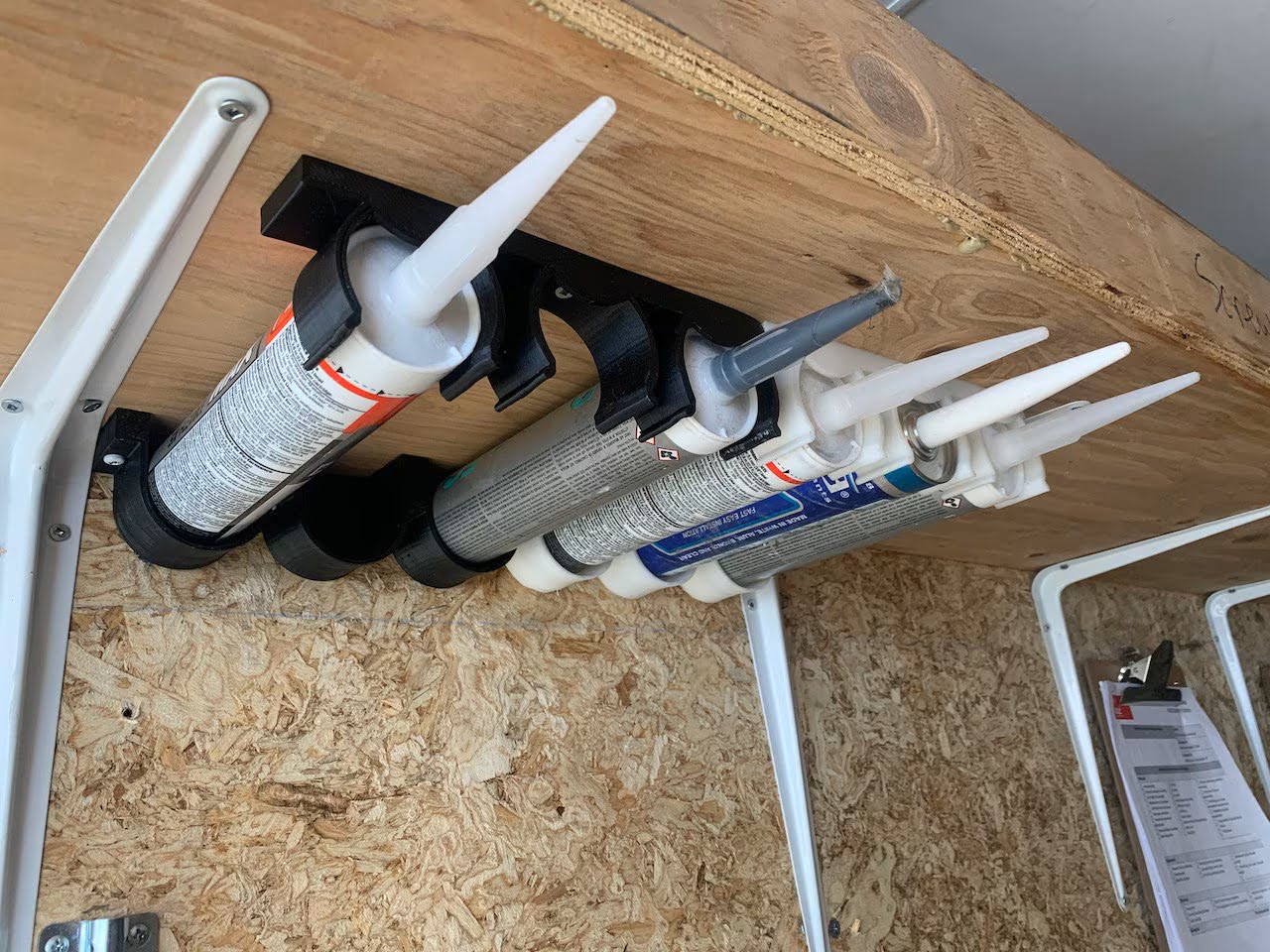
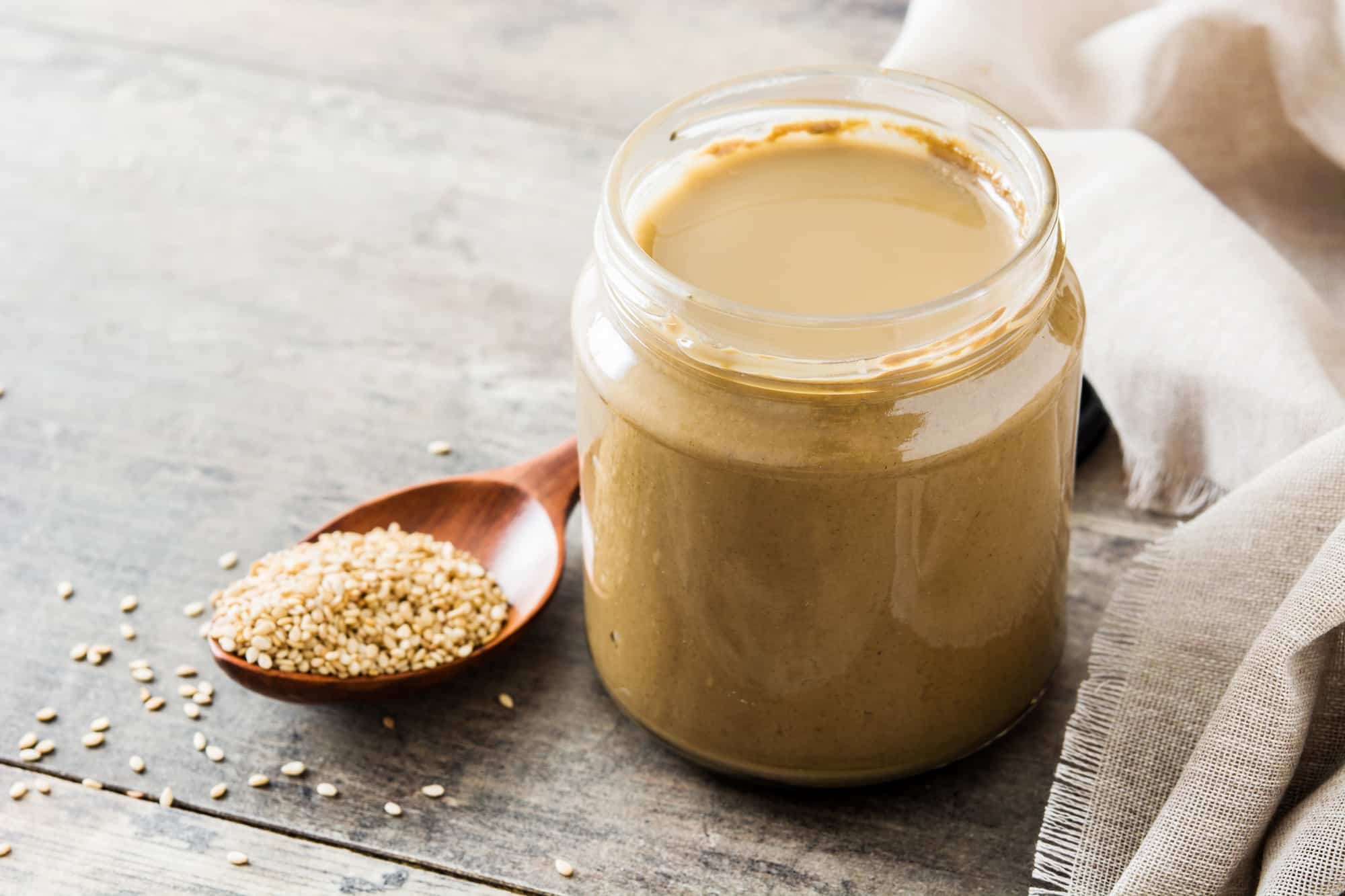



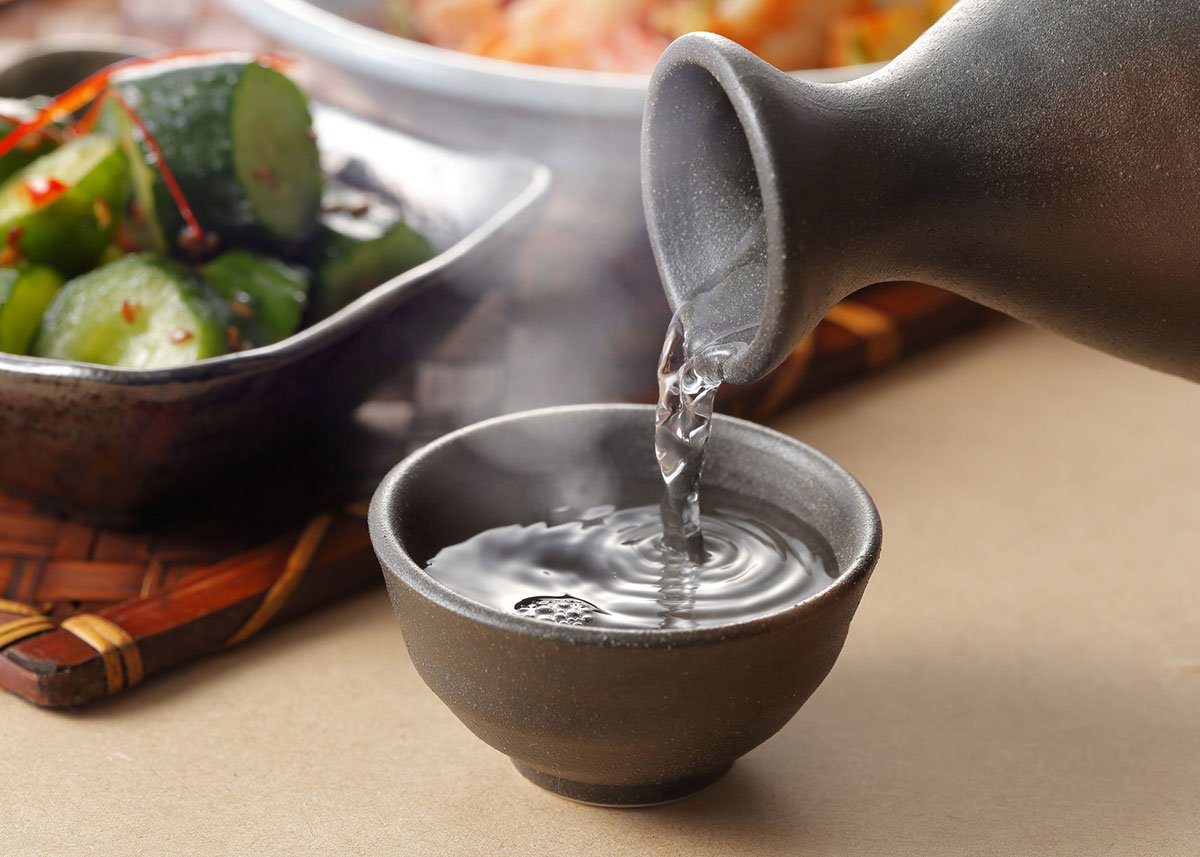
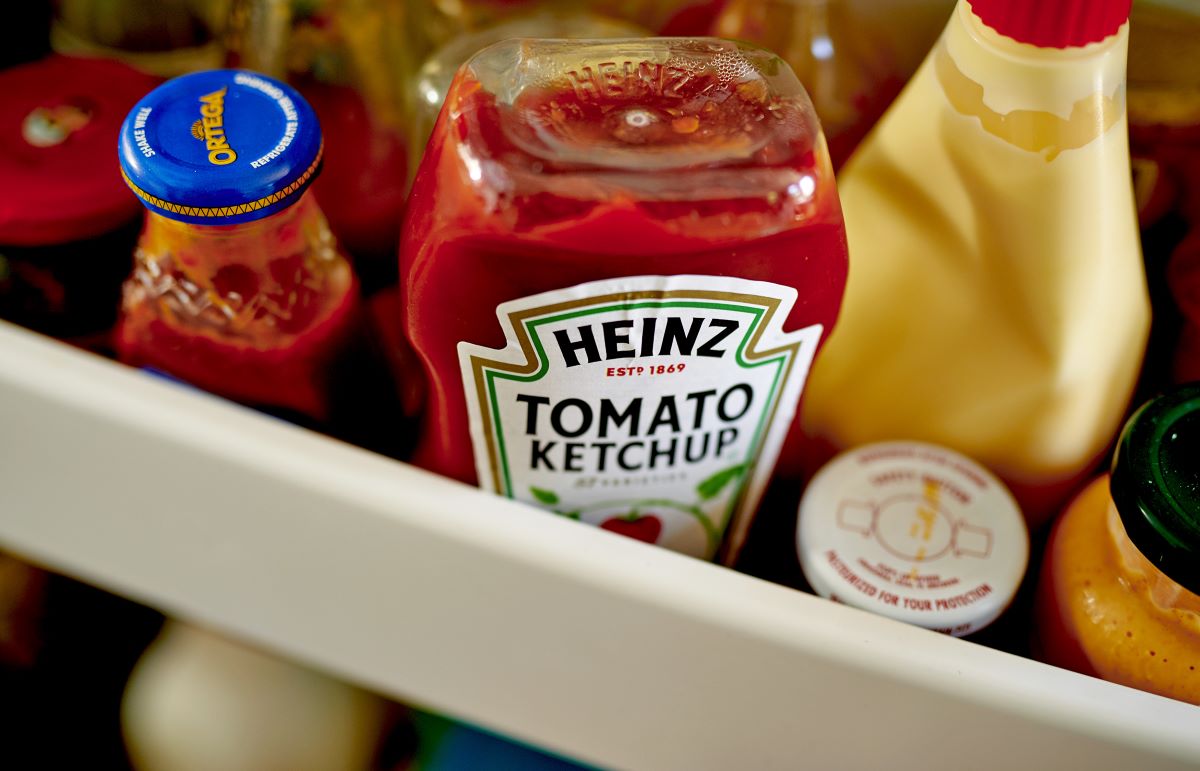

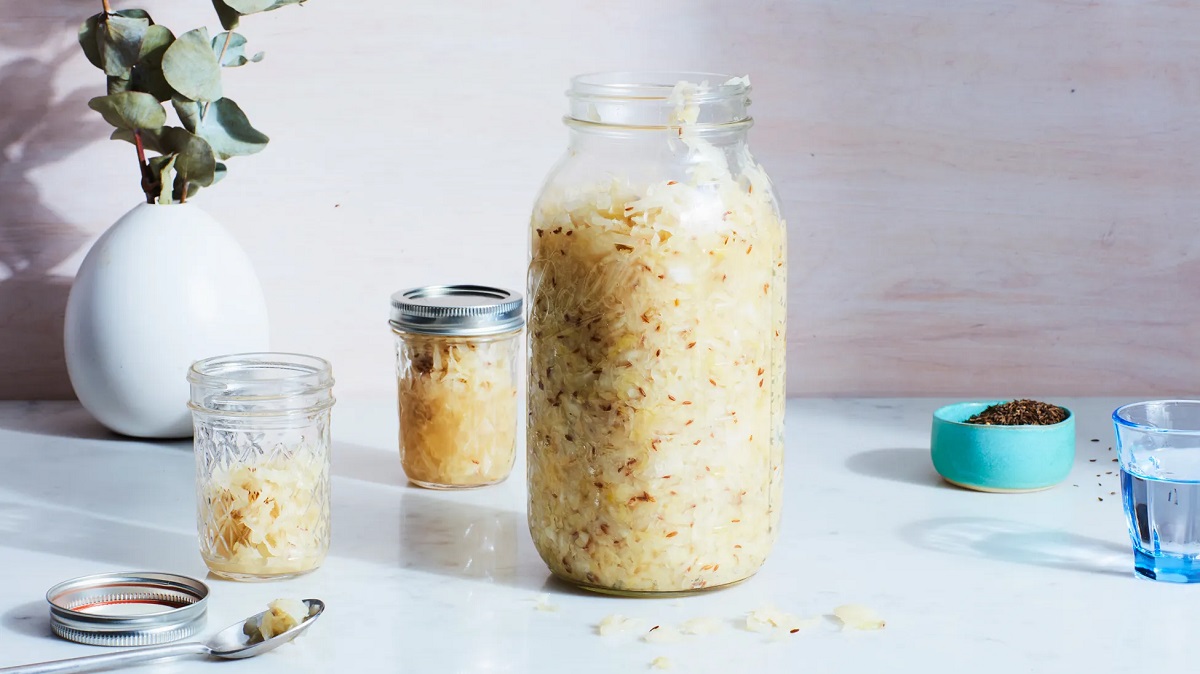

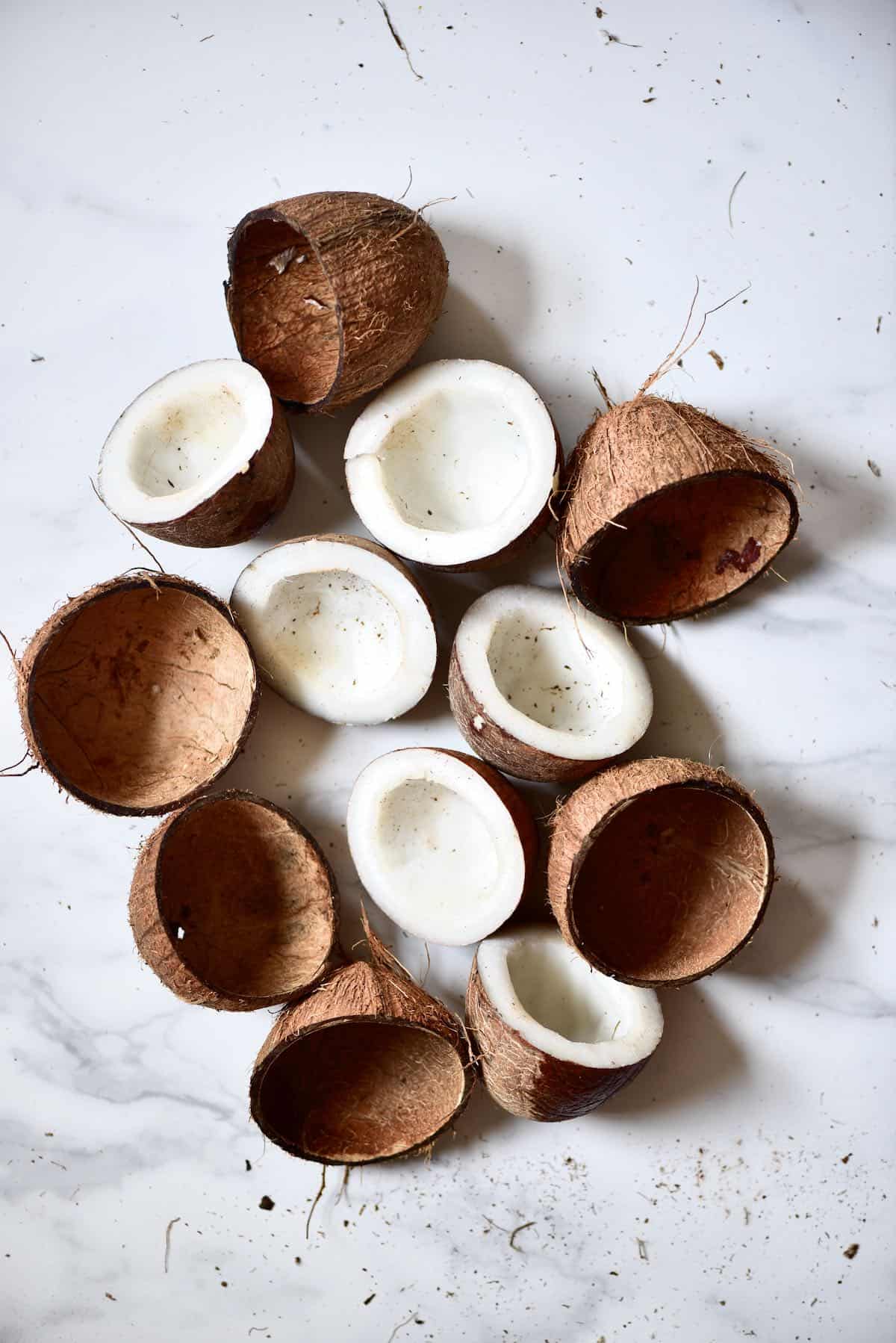



0 thoughts on “How To Store Chicken Breast After Opening”